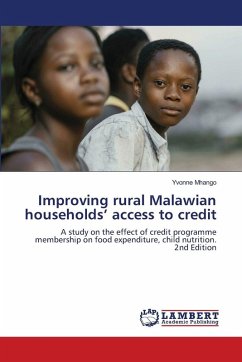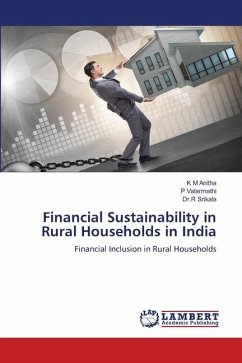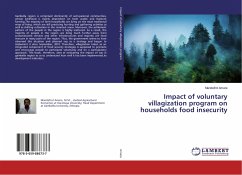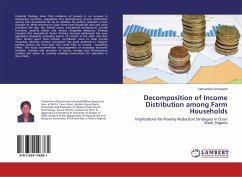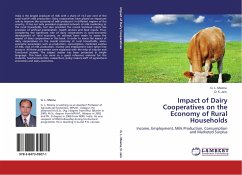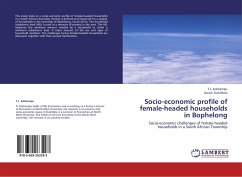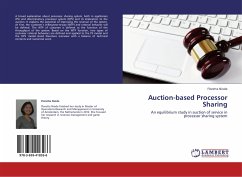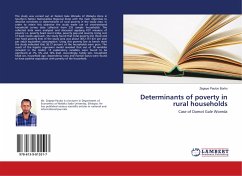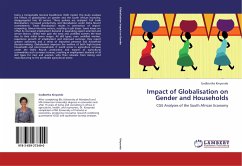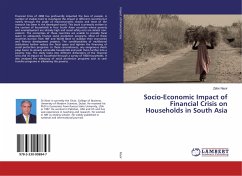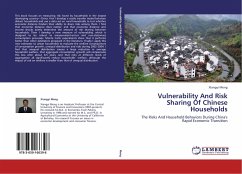
Vulnerability And Risk Sharing Of Chinese Households
The Risks And Household Behaviors During China's Rapid Economic Transition
Versandkostenfrei!
Versandfertig in 6-10 Tagen
39,99 €
inkl. MwSt.

PAYBACK Punkte
20 °P sammeln!
This book focuses on measuring risk faced by households in the largest developing country China. First I develop a costly transfer model between distant households and use a data set on rural households to test whether economic distance hinders their ability to share risks among them. I find that economic distance does matter, and that economic distance and income shocks jointly determine the amount of risk sharing between households. Then I develop a new measure of vulnerability, which is designed to be robust to measurement-errors and non-stationary consumption processes. Monte Carlo experim...
This book focuses on measuring risk faced by households in the largest developing country China. First I develop a costly transfer model between distant households and use a data set on rural households to test whether economic distance hinders their ability to share risks among them. I find that economic distance does matter, and that economic distance and income shocks jointly determine the amount of risk sharing between households. Then I develop a new measure of vulnerability, which is designed to be robust to measurement-errors and non-stationary consumption processes. Monte Carlo experiments show that it performs better than other estimators proposed in the literature. Finally I apply this new estimator to urban households to evaluate the welfare consequences of consumption growth, unequal distribution and risks during 2002 2004. I find that unequal distribution causes a large reduction in average household welfare, that aggregate consumption growth will compensate this loss after about 8.5 years, and that risks at different levels of aggregation all significantly reduce households welfare, although the impact of risk on welfare is smaller than that of unequal distribution.



